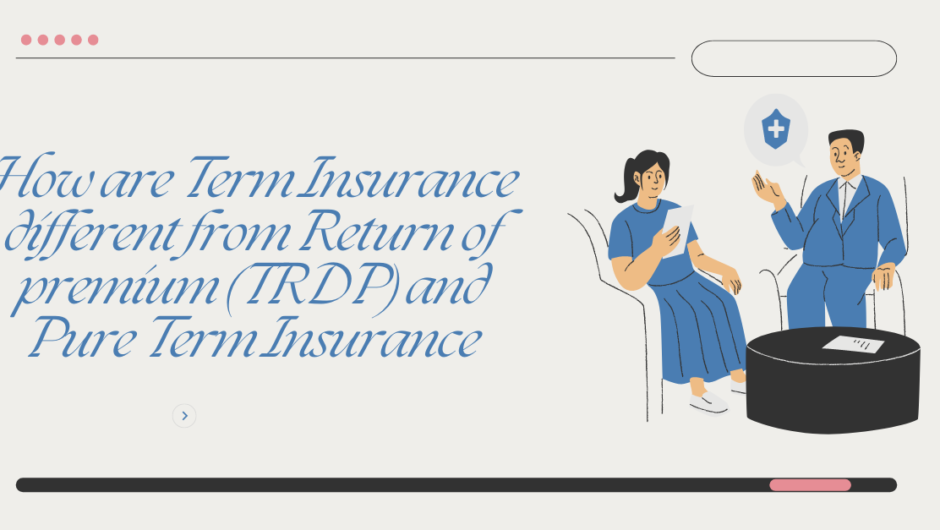Ignoring high-interest debt can have detrimental effects on your financial health. High-interest debt, such as credit card balances or personal loans, accrues interest rapidly, making it difficult to pay off and potentially leading to a cycle of debt. By neglecting to address high-interest debt, you may end up paying significant amounts of money in interest charges over time, hindering your ability to achieve other financial goals, such as saving for emergencies or investing for the future.
To avoid this mistake, prioritize paying off high-interest debt as soon as possible. Consider strategies such as debt consolidation or refinancing to lower interest rates and streamline repayment. Establish a budget that allocates extra funds towards debt repayment, and focus on tackling the highest-interest debts first. By addressing high-interest debt proactively, you can improve your financial situation and pave the way for future financial stability.
5. Not Having a Budget
Not having a budget in your 20s and 30s can lead to financial disarray and hinder your ability to achieve financial goals. Without a clear budget, you may overspend, accumulate debt, and struggle to save for the future. A budget serves as a roadmap for managing your income and expenses, helping you allocate funds towards essential expenses, savings, and debt repayment. It provides visibility into your financial habits and empowers you to make informed decisions about your spending priorities.
By neglecting to establish a budget, you risk living beyond your means, lacking financial discipline, and missing out on opportunities to build wealth. To avoid this mistake, create a comprehensive budget that reflects your income, expenses, and financial goals. Track your spending regularly, adjust your budget as needed, and cultivate healthy financial habits that support your long-term financial well-being.
6. Foregoing Insurance Coverage
Foregoing insurance coverage can leave you vulnerable to financial risks and unexpected expenses. Without adequate insurance, such as health insurance, renters or homeowners insurance, and disability insurance, you may face significant financial burdens in the event of emergencies or accidents.
Health insurance helps mitigate the high costs of medical treatment and can protect your savings from being depleted due to unexpected medical expenses. Renters or homeowners insurance provides coverage for damages to your property and liability protection in case of accidents or lawsuits. Disability insurance replaces a portion of your income if you’re unable to work due to illness or injury, ensuring you can meet your financial obligations even during periods of incapacity.
To avoid this mistake, prioritize obtaining essential insurance coverage that aligns with your needs and financial situation. Invest in insurance policies that offer adequate protection against potential risks, safeguarding your financial stability and peace of mind.
7. Overlooking Career Development
Overlooking career development can hinder your long-term earning potential and financial growth. Failing to invest in skills development, education, or career advancement opportunities. It may limit your ability to secure higher-paying jobs and advance in your chosen field.
By neglecting career development, you may miss out on opportunities for salary increases, promotions, and professional growth. These can impact your overall financial success. Additionally, stagnating in your career may lead to dissatisfaction and hinder your ability to achieve personal and financial goals.
To avoid this mistake, prioritize continuous learning and skill-building activities, such as pursuing higher education, attending workshops or seminars, and seeking out mentorship opportunities.
Conclusion
In conclusion, navigating the financial landscape of your 20s and 30s requires careful consideration and strategic planning. By avoiding common pitfalls such as neglecting savings, overspending, and ignoring investments, you can establish a solid foundation for long-term financial success. Prioritizing budgeting, debt management, insurance coverage, and career development lays the groundwork for financial stability and growth. Embracing prudent financial habits early on sets the stage for achieving your financial goals and securing a prosperous future. By learning from mistakes and making informed decisions, you can pave the way towards financial freedom and fulfillment in your journey through life.
Also Read:














